General information
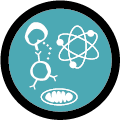
- Location: Nantes - Faculty of S&T (M1) : Faculty of Med and Pharmacie (M2)
- Language of instruction: French : English
- Full-time programme
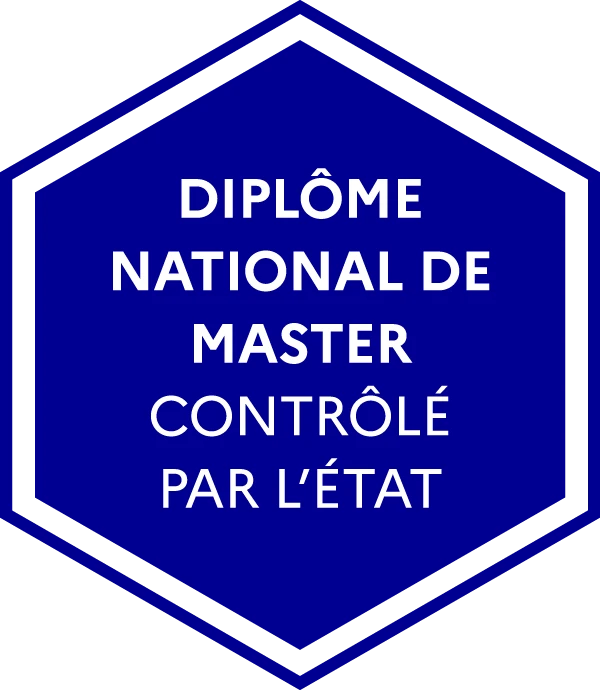

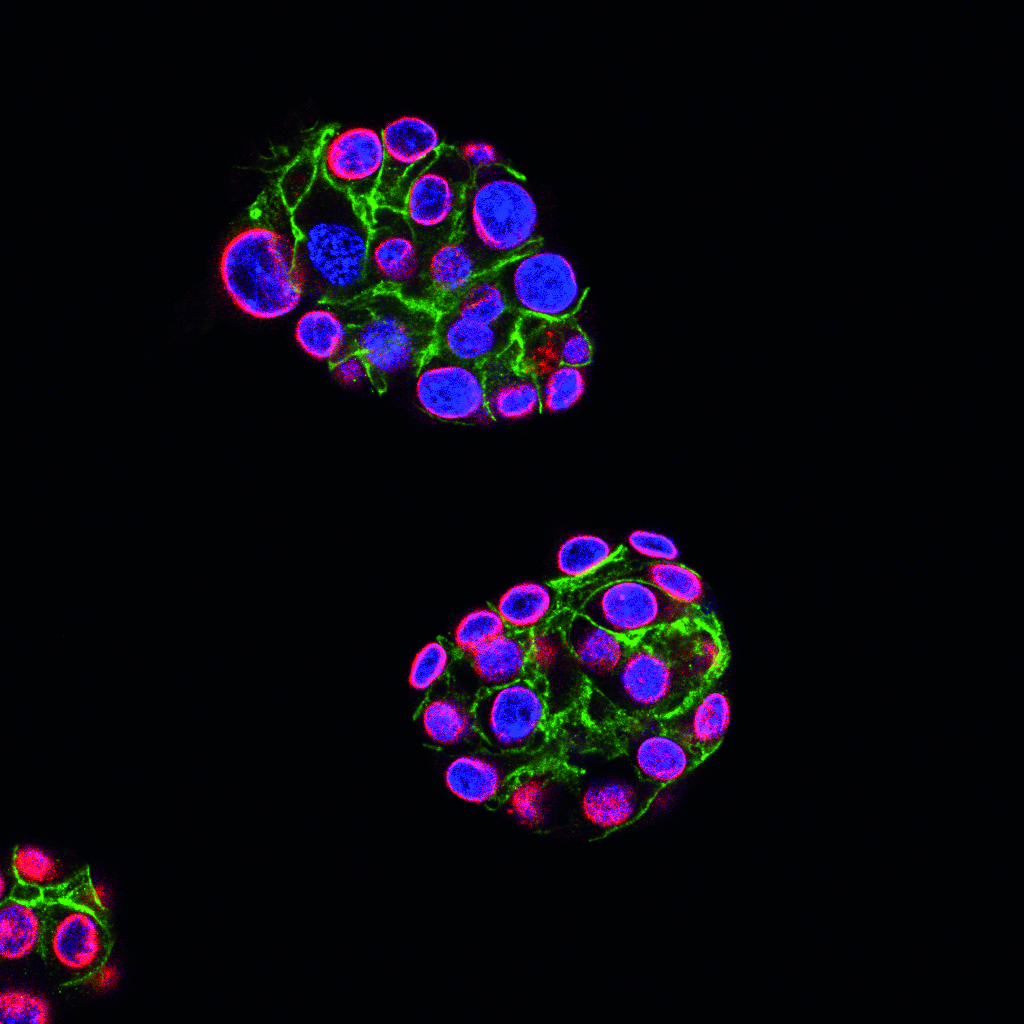
The Master’s program in Oncology, Hematology and Nuclear Medicine provides training in the understanding, investigation, and treatment of cancer through a multi-scale approach (from the single cell to the whole organism) and a strongly interdisciplinary perspective (Oncology, Immunology, Targeted Therapies, Bioinformatics).
It explores all stages of tumor ecosystem development, in both solid tumors and hematological malignancies, and places particular emphasis on advanced medical imaging techniques that enable non-invasive modeling and mapping of tumors through whole-body multimodal imaging (PET-MRI, innovative radiopharmaceuticals, etc.).
The program also addresses current and emerging therapeutic challenges, particularly targeted therapies, immunotherapies, as well as therapeutic nuclear medicine and theranostic approaches applied to a wide range of solid and hematological cancers.
The OHNU Master’s program is affiliated with the CRCI2NA research laboratory.
Students personalize their academic pathway by orienting it toward clinical research, experimental research, or Omics data research and analysis.
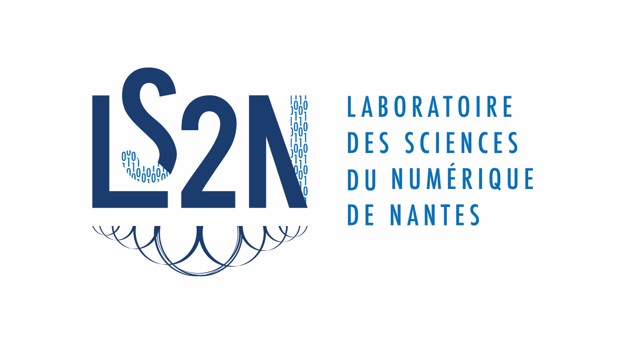
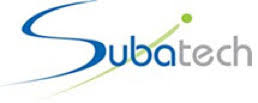
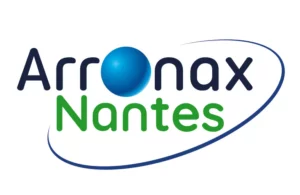


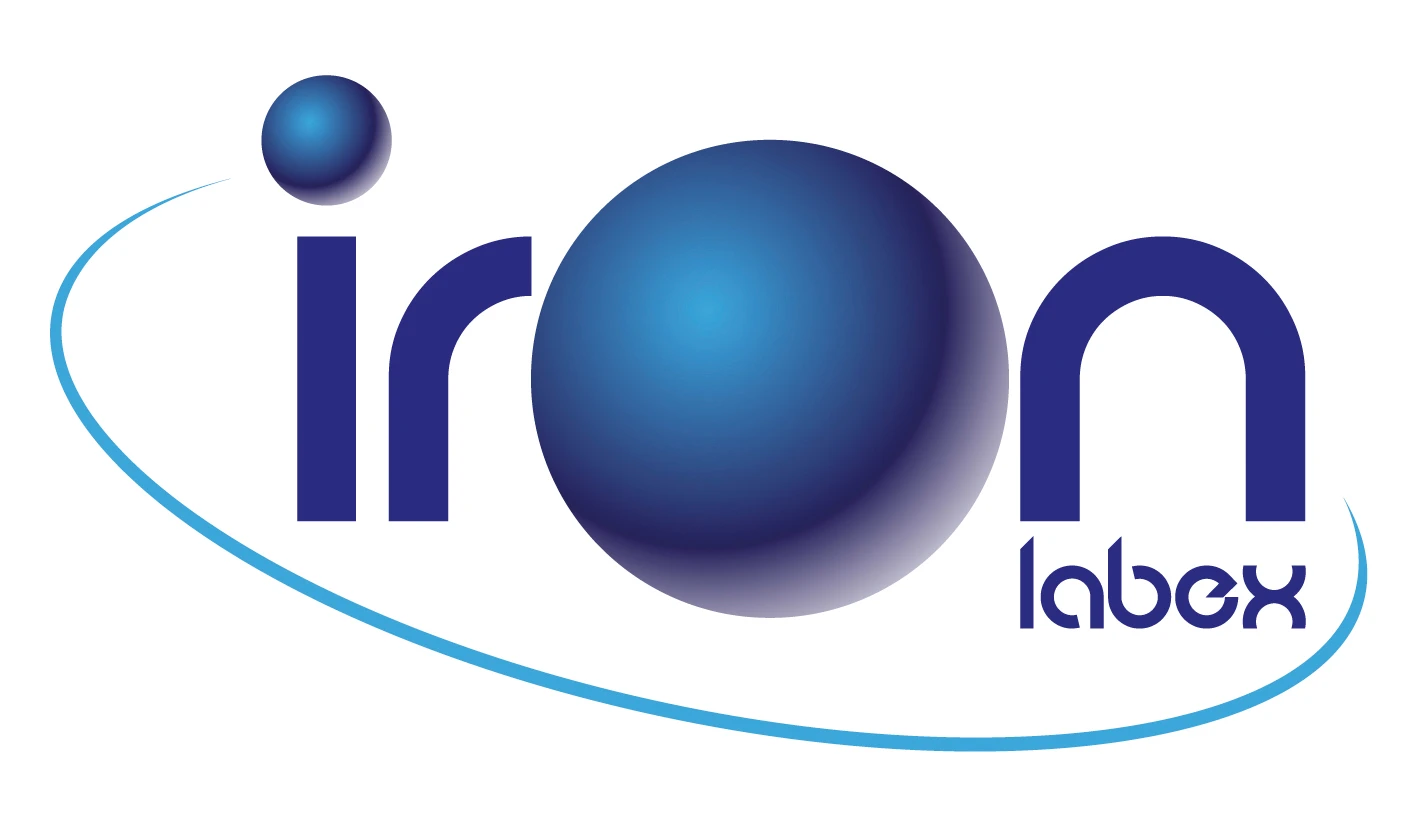
Minimum level B2 in French (DELF or TCF) required for entry into the Master's programme
Application procedure for the 2026-2027 academic year :
If you are a French national or a citizen of the European Economic Area + Switzerland, Monaco and Andorra: to find out when the platform opens and closes, and to submit your application, go to the Master's application page.
You are a citizen of a country outside the European Economic Area + Switzerland, Monaco and Andorra :
Additional information :
Welcome grant: Graduate programmes offer a €1,500 Welcome Scholarship for the best international students. Please prepare your application carefully to demonstrate your motivation for the programme.
Internship: You may complete your internship abroad, with our financial support depending on the host country and the length of your internship. If you choose to do it in France, you will receive financial support of approximately €600 per month.
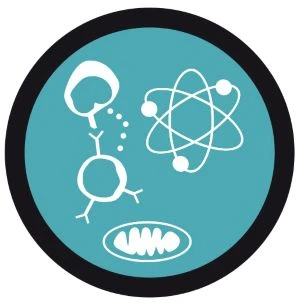
After two years of the Master's programme, you will have the choice of developing your own career or pursuing a research project at the doctoral level. More information here
Follow us on Linkedin